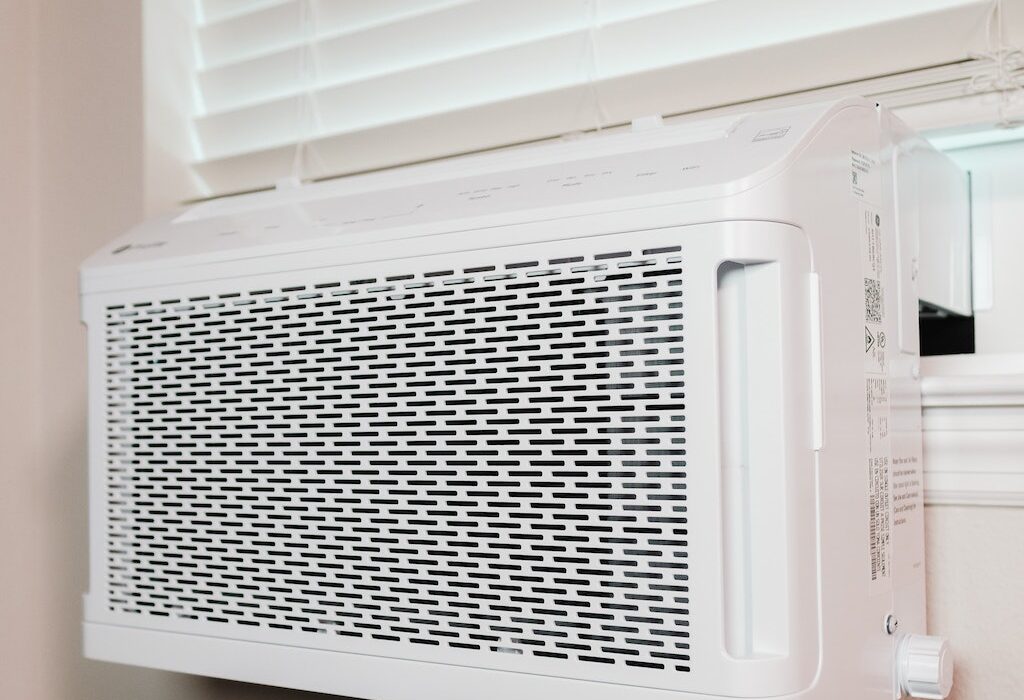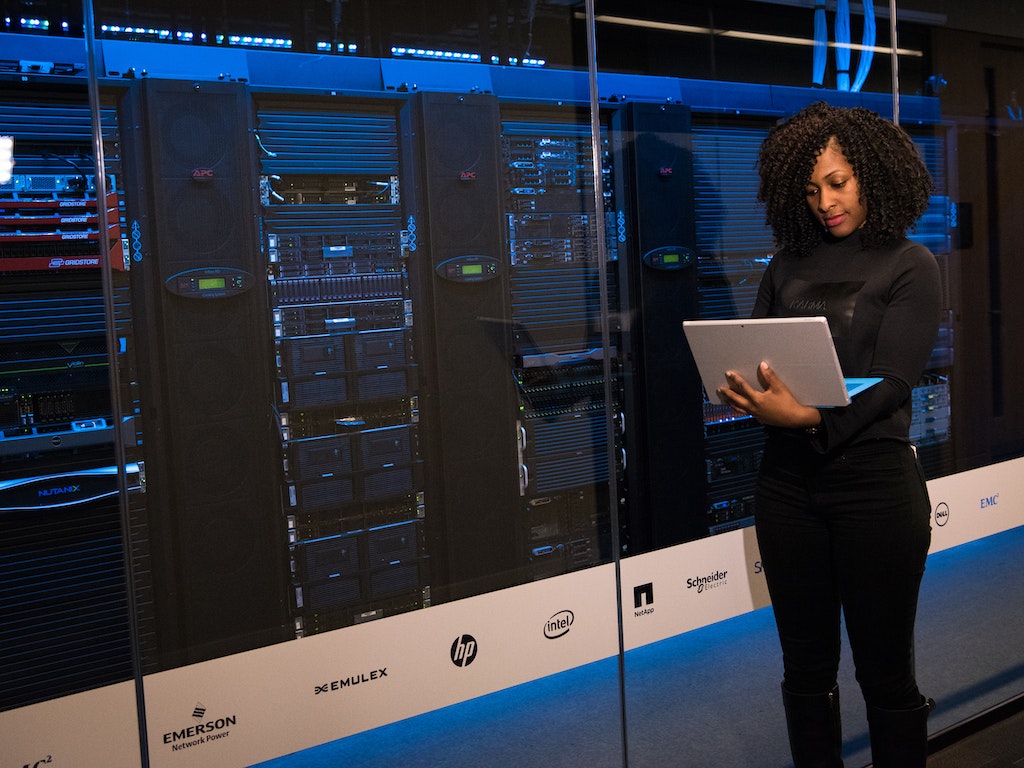The HVAC (Heating, Ventilation, and Air Conditioning) system helps create a comfortable environment in a home. Understanding the basics of HVAC is essential for beginners, as it allows them to make informed decisions about indoor comfort. This guide will provide an overview of HVAC systems, their components, and important considerations for beginners.
Understanding Hvac Systems
HVAC systems regulate indoor temperature, control humidity levels, and maintain good air quality. They have three main components: heating, ventilation, and air conditioning. Each component serves a specific purpose and contributes to the system’s functionality.
– Heating
Heating systems provide warmth in an indoor space during colder months. Common heating methods include furnaces, boilers, and heat pumps. When selecting a heating system, consider factors like energy efficiency, fuel sources, and maintenance requirements.
– Ventilation
Proper ventilation prevents the buildup of harmful gasses and improves indoor air quality. It also ensures the exchange of indoor and outdoor air, removes pollutants and maintains fresh air circulation. Fans, ductwork, and air filters are essential components of ventilation.
– Air conditioning
Air conditioning systems cool and dehumidify indoor spaces during hot weather. There are various air conditioning systems, such as central air conditioners, window units, and split systems. Energy efficiency, cooling capacity, and maintenance requirements are some factors used to determine the right air conditioning system.
Important Factors to Consider
For those new to HVAC systems, here are some important factors to consider:
– Energy efficiency
Investing in energy-efficient HVAC systems leads to significant cost savings. Look for systems with high SEER (Seasonal Energy Efficiency Ratio) ratings for air conditioners and AFUE (Annual Fuel Utilization Efficiency) ratings for heating systems.
– Proper sizing
Always ensure the HVAC system is appropriately sized for the building or home. An undersized system will struggle to maintain desired comfort levels, while an oversized system can lead to inefficiencies and increased energy consumption. Consult with professionals to determine the right size for your specific needs.
– Maintenance and filter replacement
Regular maintenance and filter replacements are essential for optimal HVAC performance. Dust and debris accumulation can hinder system efficiency and compromise air quality. Establish a maintenance schedule and clean or replace filters accordingly.
– Programmable thermostats
Take advantage of programmable features to optimize comfort and efficiency. Installing programmable thermostats allows for better control over temperature settings. It also saves energy when the building is unoccupied or during sleeping hours.



